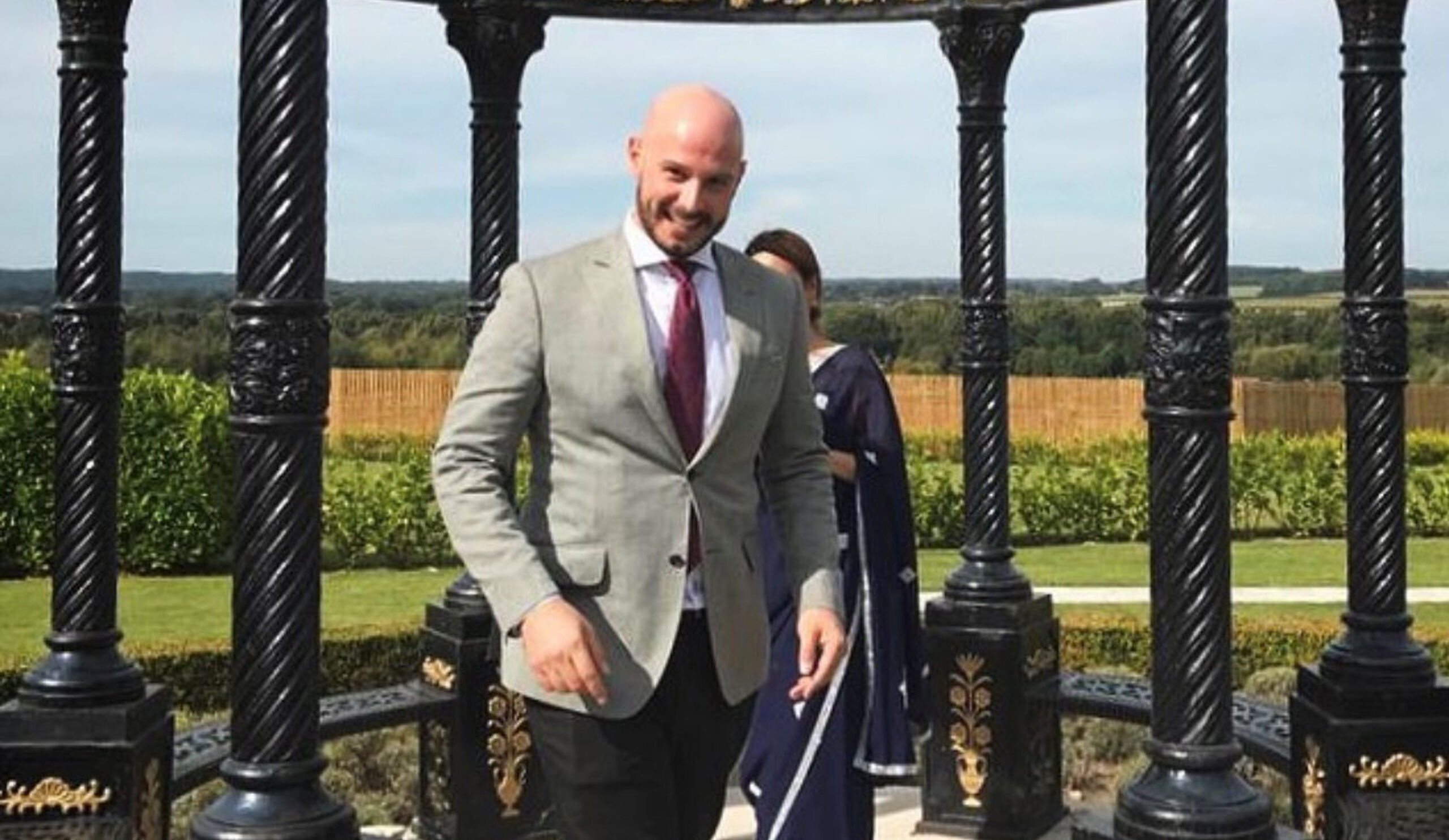1 June 2022
Simon Palombi (2003) is an investigator with Coinbase, one of the largest Cryptocurrency exchanges. He has been an investigator in London for approximately seven years now, after working for the former Head of the British armed forces and Chatham House (International Security Department at the Royal Institute of International Affairs) working on radical extremism issues. Simon has degrees in International Relations (First Class Hons) and Law.
What is your favourite memory of your time at ¿÷≤•¥´√Ω?
Maybe it is because I am getting older and nostalgic, but my favourite memory is the Year 10 camp where we spent two or three days (I forget) hiking along the coast. One night we camped on a beach but a thunderstorm blew in, forcing us to decamp in the early hours for safety. I remember walking along the beach, half asleep and seeing the lighting flash out at sea – an incredible memory.
What is your biggest career highlight?
I have had a few – but enjoying a banquet at the Al-Qudaibiya Palace in Bahrain with the Crown Prince was a surreal experience for a kid from Adelaide. I landed a job working for the former Head of the British Armed Forces who was doing some work in the country. A moment I could forget was when I went to shake the Crown Prince's hand but we both missed and simultaneously let out a loud “whoop” and a laugh. My bosses, who were all retired high ranking British officers, were not impressed.
How did your degree in International Relations and Law take you to being a consultant for the International Security Department at the Royal Institute of International Affairs?
I developed a strong interest in international affairs when I was about 15 years old – particularly conflict and diplomacy – so I pursued this passion at university before commencing my Law studies. About half way through Law, I applied for an internship with the UN and landed in the Security Council where I worked on counter-terrorism policy. After this experience, I was hooked on being privy to the most discreet conversations, so I applied for another internship with Chatham House (aka the Royal Institute of International Affairs) after I finished my Law degree. I never intended to stay in London, but opportunities started to come my way, including being asked to be a researcher/consultant on a multi-year study involving Chatham House on preventing lone-actor terrorism.
Who was your favourite teacher at ¿÷≤•¥´√Ω and why?
It would be remiss of me to not say Mrs Shirley Gale – our Junior School music teacher. She is my grandmother and, yes, she is STILL playing the organ.
What is the biggest risk you have taken?
Moving to London. I originally came for my Chatham House internship but decided to stay to see what kind of life I could carve out here. Almost a decade later, I am still here. Working in London has been HARD and it still tests me but I do not regret moving here.
The best advice I was given was...
A mentor once told me to “ask people you want to meet (professionally) out for coffee, they will definitely take the opportunity to drop their work for an hour.” I have built a great network in London through the humble flat white, and I cannot stress enough how helpful a strong professional network was during those first few years. Do not be afraid to ask the CEO of a company for a “coffee chat”, you may be pleasantly surprised at their response.
What skills or knowledge did you learn throughout ¿÷≤•¥´√Ω that you found most useful in your career?
Public speaking. I remember my Year 8 English teacher forcing everyone in the class to give a speech on a particular topic. I chose John F Kennedy‚Äôs famous ‚Äúwe choose to go to the moon‚Äù address. I did not prepare well enough, and certainly did not appreciate how long the entire speech was, but I persevered through it. Public speaking (with confidence and conviction) was a common theme throughout my education at ¿÷≤•¥´√Ω and it put me in good stead through my tertiary studies and career.
Name a dish that reminds you of your childhood.
The ‚ÄúBrett Sub‚Äù. This was an abomination created by a fellow ¿÷≤•¥´√Ω classmate in Year 9 or 10 which he advocated to have added to the Middle School canteen menu. It consisted of chicken royals (big chicken nuggets) in a bun with mayo and lettuce. Not the healthiest, but satisfying. Here‚Äôs to you, Brett Fairbank.
What do you know now that you wish you knew during your time at ¿÷≤•¥´√Ω?
That being adaptable and creatively applying a skill (vocation) is so much more important than being an “expert” in one area of interest (knowledge).
If you know how to do something, the knowledge will come naturally via applying your vocation. In my case, my skill is research and I have used that at the UN, think tanks, for an old General, as an investigator working on multi-million dollar cases and, now, in cryptocurrencies for a large exchange.
If you could have coffee with anyone in the world, who would it be?
In keeping with what I wrote earlier, I would be more interested in a coffee with a young Australian looking to start a career in London. I could say “this politician” or “that billionaire”, but at the end of the day, they are just people with the same vulnerabilities and foibles as anyone else (and they are much less interesting in real life – trust me).

